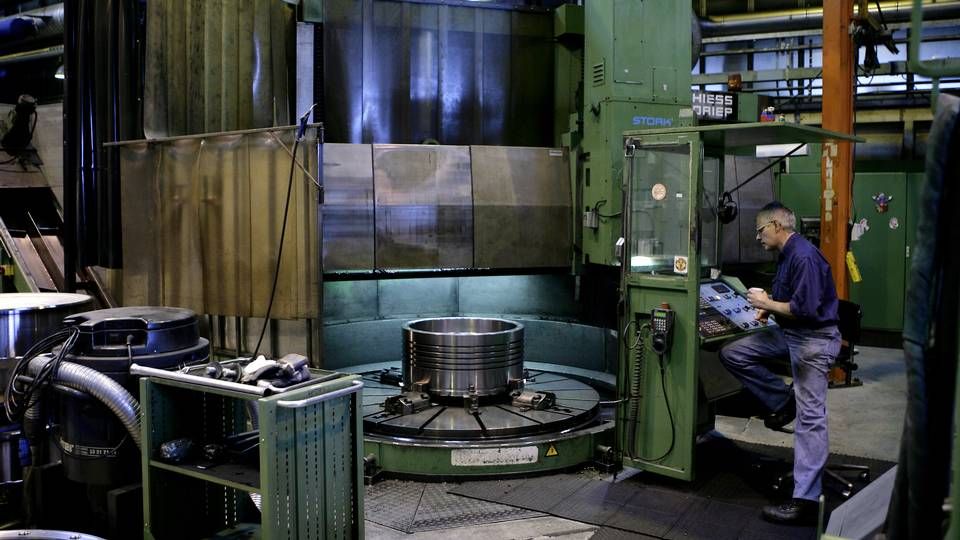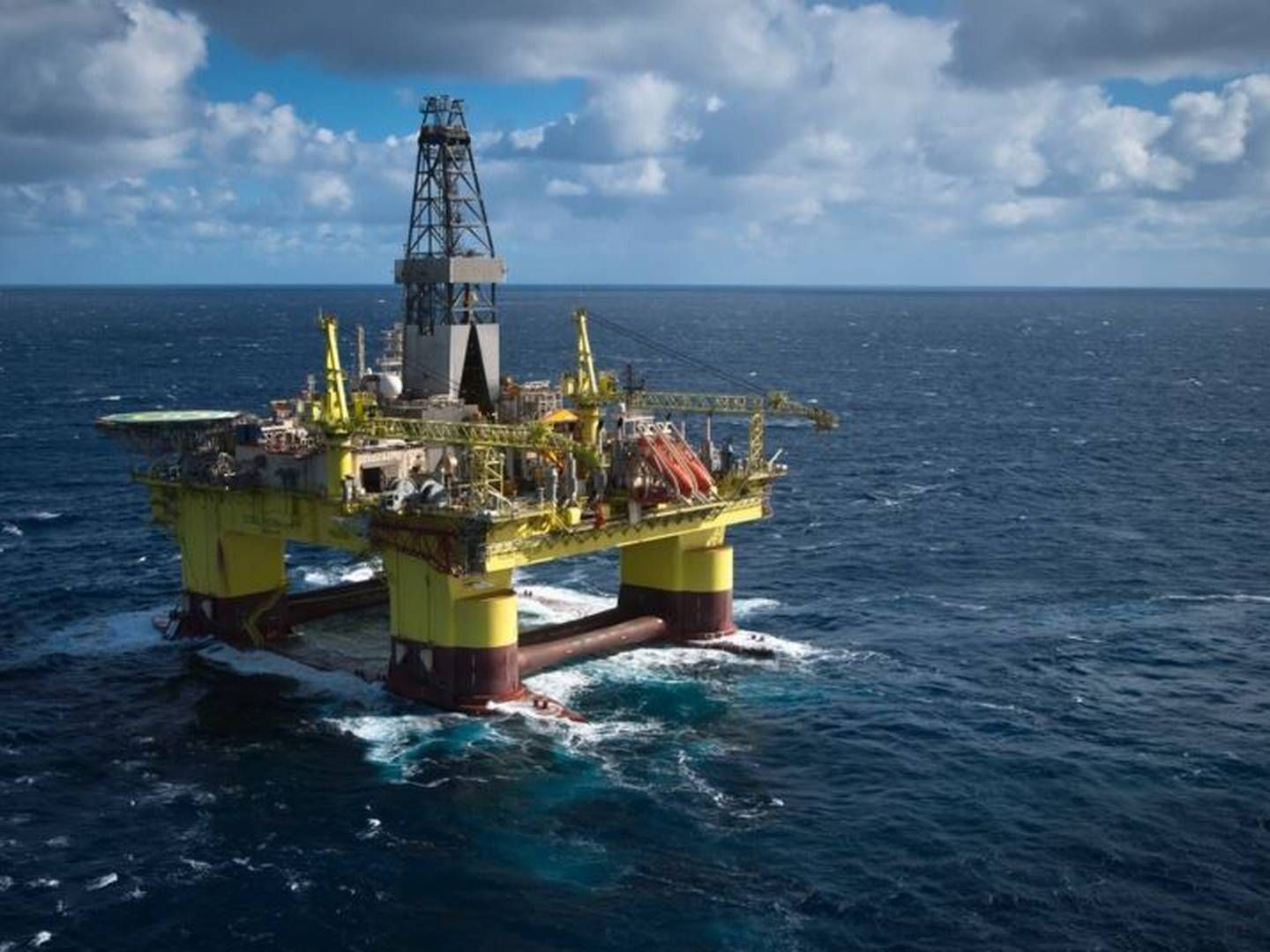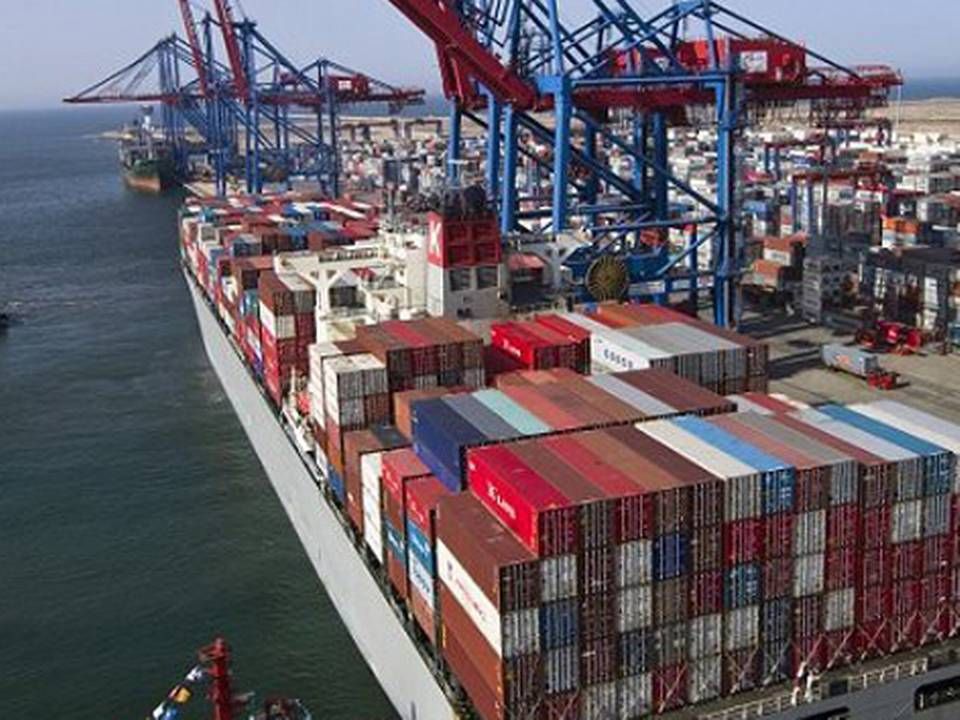MAN: Carriers defy the oil price plunge

With an oil price which once again has dropped below USD 50 per barrel, the savings of investing in retrofit or energy efficient measures are obviously less than when the price was over USD 100.
The repayment period has increased since the oil price was cut in half, but the major Danish-German engine producer MAN Diesel & Turbo has not noted that the interest in improving operations through retrofit has decreased. At least not when it comes to one of the company's key products - the so called Kappel propeller - which is the ship propeller that the company bought the rights for in 2012. The basic description is that the sides are slightly bent upwards, like on new airplane wings.
Try a free 40-day trial subscription to ShippingWatch
According to the Head of Propulsion at MAN Diesel & Turbo, Thomas Leander, demand has increased in the past few years, and the company has not experienced carriers backing out using the explanation that it no longer pays off to invest in optimizing operations.
"In most cases, the repayment period is about two years even with the current oil price, and this is still very attractive for the carriers," he tells ShippingWatch.
Doubling of retrofit
MAN Diesel & Turbo does not publish the revenue data for its products, but the company reports that the Kappel propeller number 100 is approaching. Meanwhile, Thomas Leander adds that the retrofit business in the propeller segment has doubled in just a few years.
"We are experiencing a steady increase in interest and a growing orderbook. Besides the savings for the one ship, we experience that for instance the German banks put pressure on the shipowners to have their fleets retrofitted. The banks want to secure their assets this way, they say," notes Thomas Leander. By securing a better operating economy for the vessel, the value increases and this makes it more attractive on the charter market.
Try a free 40-day trial subscription to ShippingWatch
The benefit per ship of retrofitting and of replacing a traditional propeller with a Kappel propeller can vary significantly and depends entirely on the type of vessel. But overall, the assessment is that the savings for a newly built container ship is between 1-2 percent, but that it is significantly more for an older ship being retrofitted. MAN's propeller market in newbuilding and retrofit is, respectively, about 50/50.
The large Kappel propellers are built in Asia, and MAN Diesel & Turbo in Frederikshavn in Denmark handles the design and marketing. The small propellers with blades that can be twisted are assembled in Frederikshavn, however. The propeller is thus - along with the rest of the propeller retrofit program - considered very important for the staff in Frederikshavn, which has been relatively stable since the engine production was moved from the factory and now mainly takes place in Asia on a license from MAN.
11 vessels from Odfjell
Recently, MAN Diesel & Turbo landed an order for 11 ships from Norwegian Odfjell, which wants to retrofit a series of product tankers. Just as is the case for a number of other contracts these days, the ships will need to sail slower and with more varied speeds than before. This is why the propellers and some of the other equipment must be replaced, so that it works with the new speed.
Try a free 40-day trial subscription to ShippingWatch
A positive development in the retrofit business is important for MAN Diesel & Turbo at a time where the newbuilding of specific types of vessels has basically come to a halt. This mainly concerns dry bulk ships, whereas there is still good activity in container ships, where the company traditionally has been well-positioned.
"There are more newbuildings on their way into the tanker segment in addition to container, but on the bulk market the newbuilding market has completely stopped and this means that we are experiencing an equalization between the segments, so we still have to fight to land orders. There are no signs right now that the market will generate more orders at this point in time," said CEO Thomas S. Knudsen in an interview with ShippingWatch in July this year.
MAN: We have our share of the market for ultra-ships





















